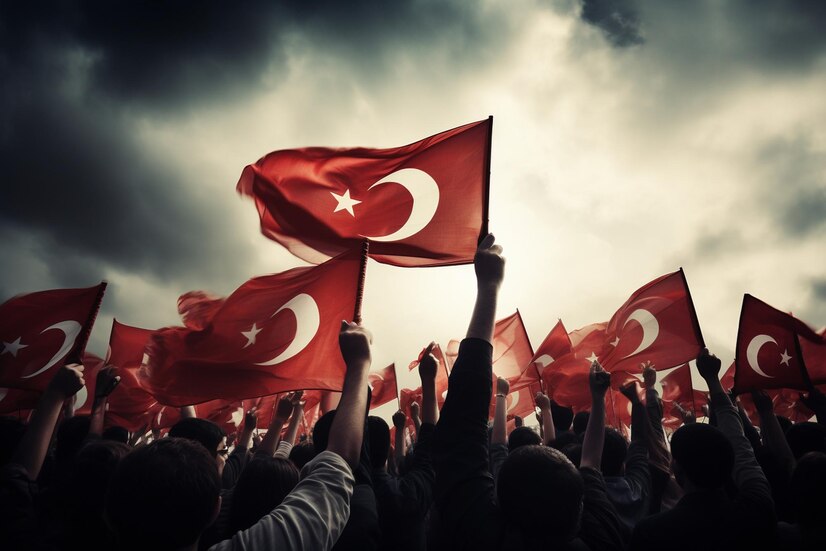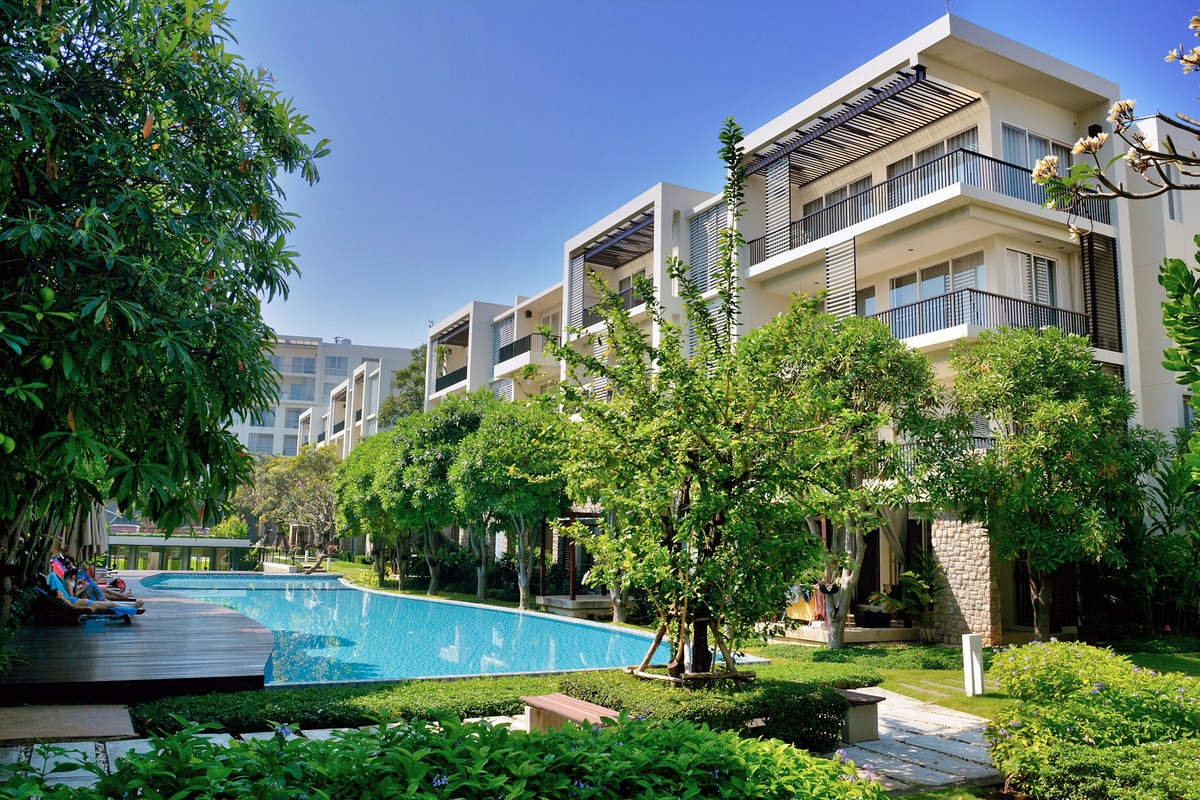Historical Context
Turkish society, like many others, has a deep, complex history shaped by numerous factors, including the Ottoman Empire, the War of Independence, and the establishment of the Republic under Mustafa Kemal Atatürk. Throughout this time, Turkish identity has evolved, with a strong sense of nationalism often emerging as a defining characteristic. However, just like any other nation, Turkey has faced internal and external criticisms related to politics, human rights, and cultural practices.
Using Language Carefully
Words and phrases carry significant meaning, and it’s essential to be careful when discussing a group’s identity, particularly when negative terms like “shameless” are used. Criticism of a nation or its people can quickly become harmful when it generalizes or targets individuals based on their nationality.
A More Nuanced Approach
If the goal is to address specific behaviors or actions within Turkish society (or any society), a more nuanced discussion can focus on the issues rather than attributing negative traits to an entire group. Topics such as political corruption, human rights, freedom of speech, or gender equality can be discussed constructively and factually without resorting to inflammatory language.
Turkey, a nation straddling both Europe and Asia, has long been at the crossroads of various civilizations. From its Ottoman roots to its modern republican identity, Turkish society is rich with history and cultural depth. Like many nations, Turkey faces internal challenges and external criticisms. However, navigating these complexities requires a careful balance between understanding historical contexts and addressing contemporary issues.
Political Landscape and Cultural
Over the past two decades, Turkey’s political climate has shifted significantly. Under the leadership of President Recep Tayyip Erdoğan, the country has experienced a centralization of power, with increased criticisms from human rights organizations over limitations on freedom of speech and press freedoms. Critics argue that these changes have stifled democratic institutions and dissenting voices, raising concerns both domestically and internationally.
Cultural Pride and Identity
Turkish people are often known for their strong sense of national pride. This pride, rooted in centuries of history, is tied to both the Ottoman legacy and the modern-day republic founded by Mustafa Kemal Atatürk. However, tensions occasionally arise between this national pride and global perceptions of Turkey’s political and social policies.
Human Rights and Gender Issues
Another area of international scrutiny has been Turkey’s record on human rights and gender equality. While progress has been made in areas such as women’s participation in education and the workforce, there remain significant challenges. Advocacy groups continue to push for more protections against gender-based violence and broader equality measures in various sectors of society.
A Path Forward: Dialogue and Constructive Criticism
To engage in meaningful dialogue about Turkish society, it’s essential to approach the conversation with respect and a desire for understanding. Labeling or stereotyping an entire nation does little to foster productive discussions. Instead, focusing on specific issues, backed by facts and context, can help illuminate areas where progress is needed, while also acknowledging the cultural richness and historical significance that shape Turkey’s national identity.
Challenges of Modernization and Tradition in Turkey
One of the most significant challenges Turkey faces today is the balance between modernization and tradition. As a country with a deep cultural heritage, rooted in both Islamic and Ottoman traditions, Turkey has always been unique in its ability to integrate diverse influences. However, this balancing act has not always been smooth.
In the early years of the Republic, Mustafa Kemal Atatürk embarked on a path of modernization that sought to secularize and Westernize the country. From adopting the Latin alphabet to implementing progressive policies for women’s rights, Atatürk’s reforms shaped Turkey into a secular state. However, this shift did not erase traditional values and practices, particularly in rural areas where Islamic conservatism remained strong.
In recent years, a resurgence of conservative Islamic values has emerged, particularly under the ruling Justice and Development Party (AKP). This resurgence has sparked debates within Turkish society about the role of religion in public life, freedom of expression, and women’s rights. While some argue that the revival of Islamic values reflects the will of the people, others express concern over the potential erosion of secularism and individual freedoms.
Economic Growth and Social Disparities
Turkey’s economy has seen significant growth over the past two decades, with major investments in infrastructure, education, and industry. Istanbul, as a global metropolis, reflects the vibrancy of Turkey’s economic progress, with a booming real estate market, high-tech industries, and a thriving tourism sector.
However, this economic progress has not been evenly distributed. Wealth disparities between urban centers and rural regions remain a pressing issue, with unemployment and poverty rates higher in certain parts of the country. In addition, Turkey’s economy has faced instability in recent years, with fluctuations in the value of the Turkish lira and rising inflation affecting the purchasing power of ordinary citizens.








